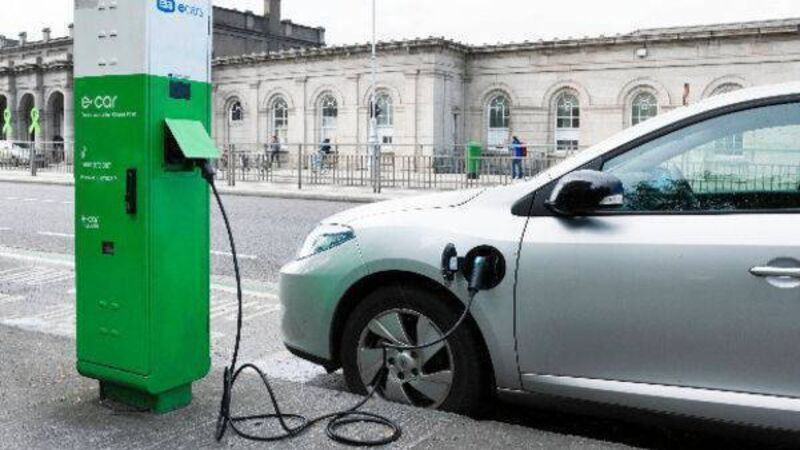Boosting EV ownership the easiest option in the Government's charge on climate change

EV sales have actually declined year-on-year in four of the last seven months — most worryingly in February when EV sales declined 15% despite the overall market growing by 25%.
Regardless of the news item discussing how to tackle climate change, chances are it will focus on aviation or agriculture. Whether it’s capping flights at Dublin airport or culling the national herd, heated debate is sure to follow.
You could be forgiven if you were unaware of the fact that transport accounts for approximately 19% of Ireland’s carbon emissions. More importantly, Environment Minister Eamon Ryan has described fleet electrification in transport as the single biggest policy lever within the Climate Action Plan, with ambitious plans by the Government to reduce the sector’s emissions by 50% by 2030.
















